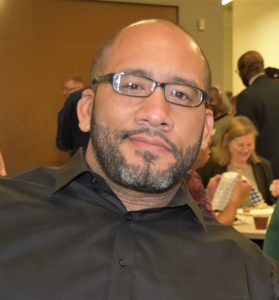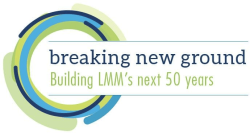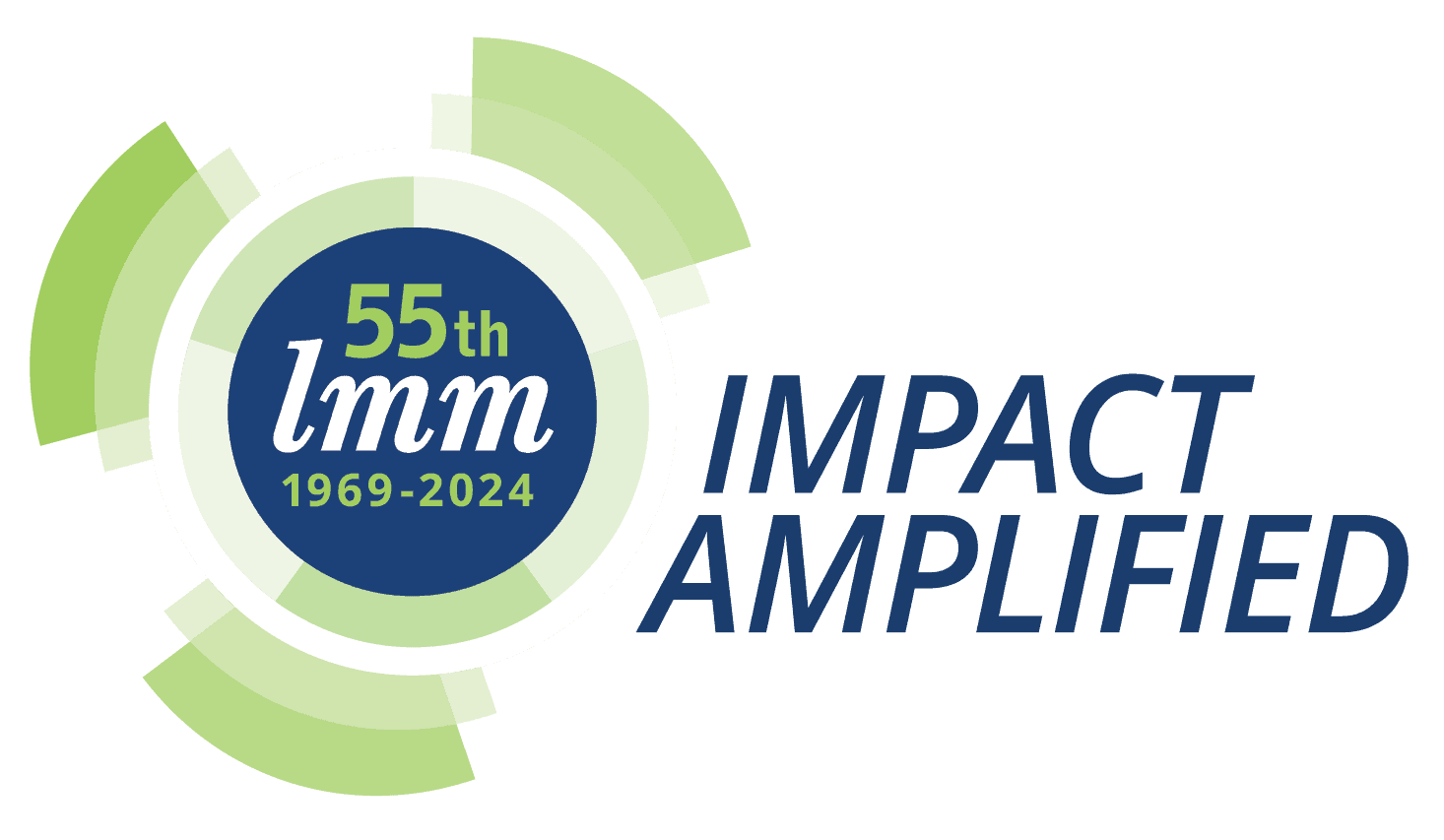
In response to the murder of George Floyd at the hands of a police officer, there has been a national push to “defund the police”. Our staff partner, David Blunt, Operations Director at the Men’s Shelter at 2100 and Founder of Hurray for Black Men, provides his insight into why defunding the police, may not be the answer, and shares specific reforms that must take place to end these police killings once and for all.
Along with the protesting, there have been more conversations recently surrounding the idea that we need to “defund the police.” I have even heard some suggest that we completely dismantle law enforcement altogether. While, in my opinion, dismantling the police is unrealistic, what is realistic and even necessary is a complete overhaul of the culture of policing in America.
Personally, I try not to engage in conversations about “bad apples” when it comes to police misconduct. Often, people use this argument to distract us from the real issue. But, the few times that I have, my response is the same, “How do you explain a few bad apples in different cities across the country?” I continue by telling them, “It’s the soil that the apple tree comes from that’s the problem.”
While many shout and march for the arrest of officers involved in untimely deaths of citizens across the country, there is no data to support that these officers lose their jobs, let alone face charges. What does that tell you? If you or I grossly violated a policy at work, we would surely face disciplinary actions. What does that tell you? It tells me that the issue is more the culture of policing, and less the officers themselves. Any work environment that does not move swiftly and effectively to deal with “bad apples,” not only gives indirect permission to that apple to continue growing, but also creates fertile ground for new apples to sprout.
The only way out of this current climate regarding law enforcement is a complete overhaul of how police officers are hired, trained, and operate. It’s more than promoting a handful of African American officers to Commanders, sending current officers through sensitivity training, or parading officers to various community events, and then calling it reform. Overhauling means substantive and systematic change that gets at the root of the problem.
What does an overhaul to law enforcement looks like? For starters, police departments could learn a thing or two from our efforts at 2100 to create a positive culture and keep residents and staff safe.
First, put an end to the culture of “compliance first.” Officers need real de-escalation skills with tools and techniques to help them assist the people they come in contact with. At 2100, we provide training annually to our staff on how to de-escalate situations before they become violent.
Police officers should be mandated or incentivized to live in the communities that they serve in. The majority of staff at 2100 are former residents of 2100. They understand the culture of the shelter and what leads someone to residing within it. This helps reduce miscommunication and allows for relationship building between staff and residents.
Form a Clinical Response Unit, to assist with situations involving a person with mental illness. At 2100, we have staff partners trained specifically for the purpose of helping people with mental illnesses.
Mandate quarterly/semi-annual conduct evaluations. At the shelter, all staff participate in quarterly performance/goal reviews to support and re-enforce positive staff/client interactions.
While sentiments like “de-fund the police” are picking up momentum across the nation and helping to start a conversation on the topic of police reform, the term itself misses the mark. Changing the culture of policing in America has to be the first goal. Nothing less than a complete overhaul of how law enforcement is structured and operates will work. Allowing the current culture and mindset of law enforcement to continue, but with fewer resources changes nothing. Cain killed Abel with a rock. Address the intent, not the means.






